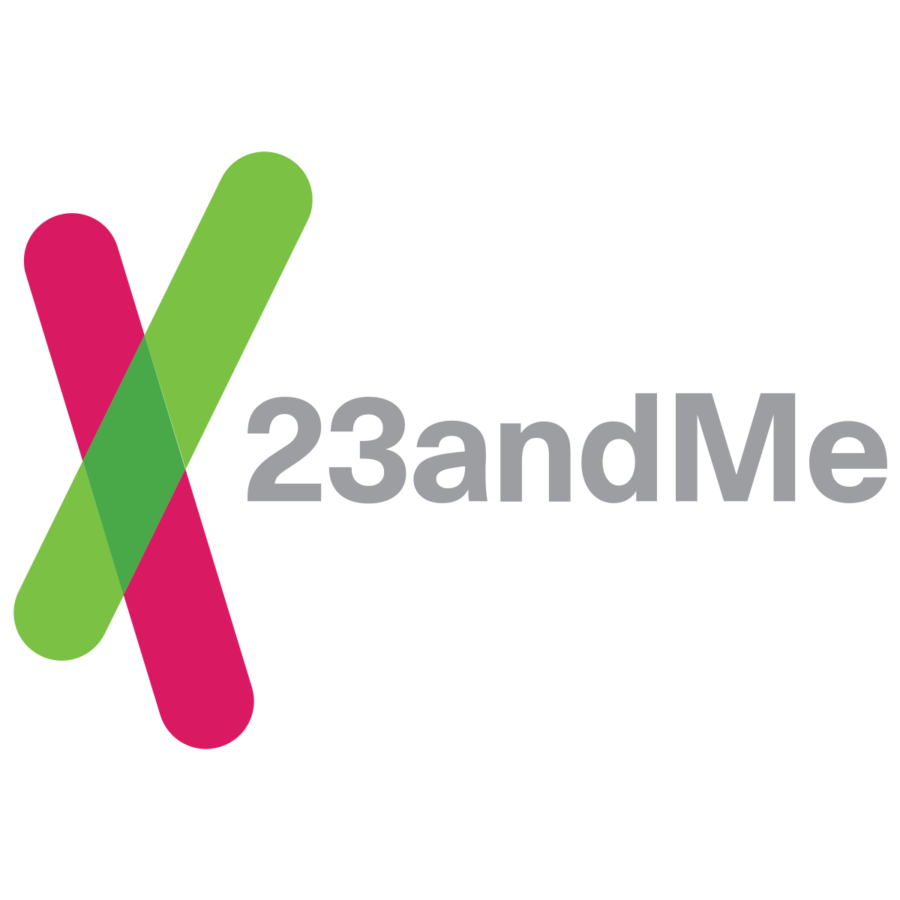I’m not sure about you, but I’m not a fan of holiday shopping. I either do it early in-person or do it all online. When I do give gifts, I can tell the recipients that I’ve been planning all year! In all honesty, it’s somewhat true because in my mind, a snapshot of previous year’s holiday sales gives me ideas for the following year. During the recent holiday sales, one product in particular caught my attention: genetics test.
In 2013, 23andMe was given a warning from the FDA to stop selling due to marketing failures. There was a lack of accuracy and questionable informatics. If inaccurate, these results can lead to behavioral changes in patients when demanding health care. Also, from an informatics perspective, no organization had oversight regarding who would manage and oversee such sensitive information. However, a few years later the FDA approved 23andMe to be used to detect up to 10 diseases or conditions.
Whole genome sequencing can be a useful utility, especially in diagnostics. The more an individual knows about the potential of a disease, it can help people consider more preventative measures relating to personal health care. But a dilemma comes with the possession of the information. With 23andMe and other companies, the testing is getting cheaper and easier to administer. But privacy can be a concern, especially when considering insurance. If genetic results show higher prevalence for diseases, can insurance companies charge higher premiums? On the other hand, if the results were only given to individuals and no one else, individuals may take advantage of insurance companies (i.e. withholding information for one’s personal benefit). Knowing more about oneself may be beneficial, but when the information is used in other manners (for better or for worse), I would think that there needs to be some regulation on accessibility. Otherwise, one info leak may lead to drastic changes in society. What are you thoughts on genetic tests? Mark of the beast? Good information to know? Dangerous informatics?
It’s clear that the beauty of creation is expressed on the molecular level. But as a result of molecular investigation, controversial issues have arisen. Without a goal in mind, curiosity and the demand of knowledge can easily easily lead us astray. The words of Solomon tells us that, “For in much wisdom is much vexation, and he who increases knowledge increases sorrow.” (Ecclesiastes 1:18) Solomon’s application isn’t to tell us to drop everything because it’s meaningless. Instead, God should be the end goal of all things. “God” meaning not just who we ought to cling too, but the principles, ideas, and care that we should consider. One thing may lead to another, which is already confusing. But in these moments, shouldn’t we lean upon the Lord for wisdom?
Learning more about God’s creation is awesome! It’s what you do with the knowledge and experience that affects how others perceive it. Maybe the point of deep research is to simply stand in awe of the grandeur of creation. The psalmist points to this saying, “…so that those who dwell at the ends of the earth are in awe at your signs. You make the going out of the morning and the evening to shout for joy.” (Psalm 65:8) In applicable words, “If it ain’t broke, don’t fix it.”




Leave a Reply
Your email is safe with us.